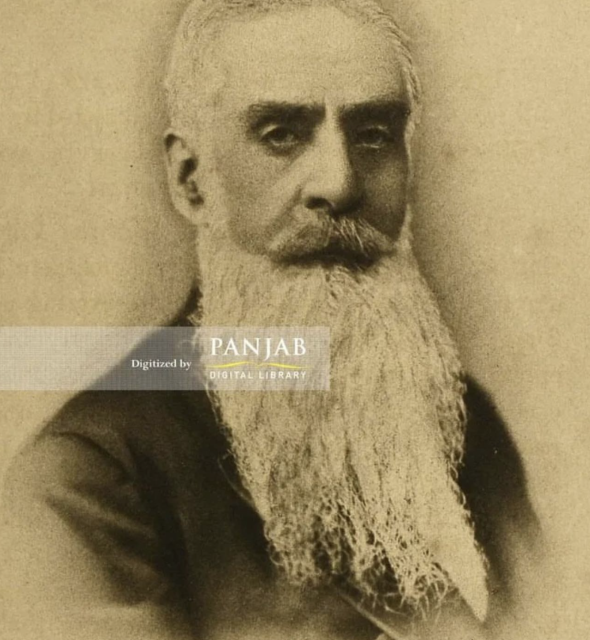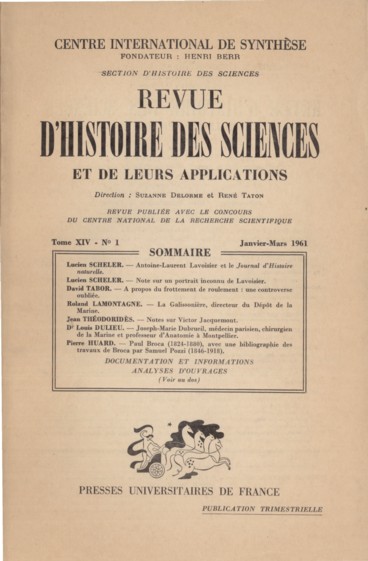AJlT SINGH (1881-1947), patriot and revolutionary, was born in February 1881 at Khatkar Kalari, in Jalandhar district of the Punjab, the son of Arjan Singh and Jai Kaur. He had his early education in his village and then at Sain Dass Anglo Sanskrit High School, Jalandhar, and D.A.V. College, Lahore. He later joined the Bareilly College to study law, but left without completing the course owing to ill health. He became a munshi or teacher of Oriental languages, establishing himself at Lahore. In 1903, he was married to Harnam Kaur, daugher of Dhanpat Rai, a pleader of Kasur.

CORTLANDT. HENRY CHARLES VAN (1814-1888), son of Colonel Henry Clinton Van Cortlandt of the British army, by an Indian wife, was born at Meerut in 1814, and was educated in England. In 1832, he returned to India and joined Maharaja Ranjit Singh`s army on a monthly salary of Rs 250, subsequently raised to Rs 800, with a monthly stipend of Rs 800 for his wife. Cortlandt participated in various campaigns including the battle of Jamrud in which the famous general, Hari Singh Nalva, was killed.









